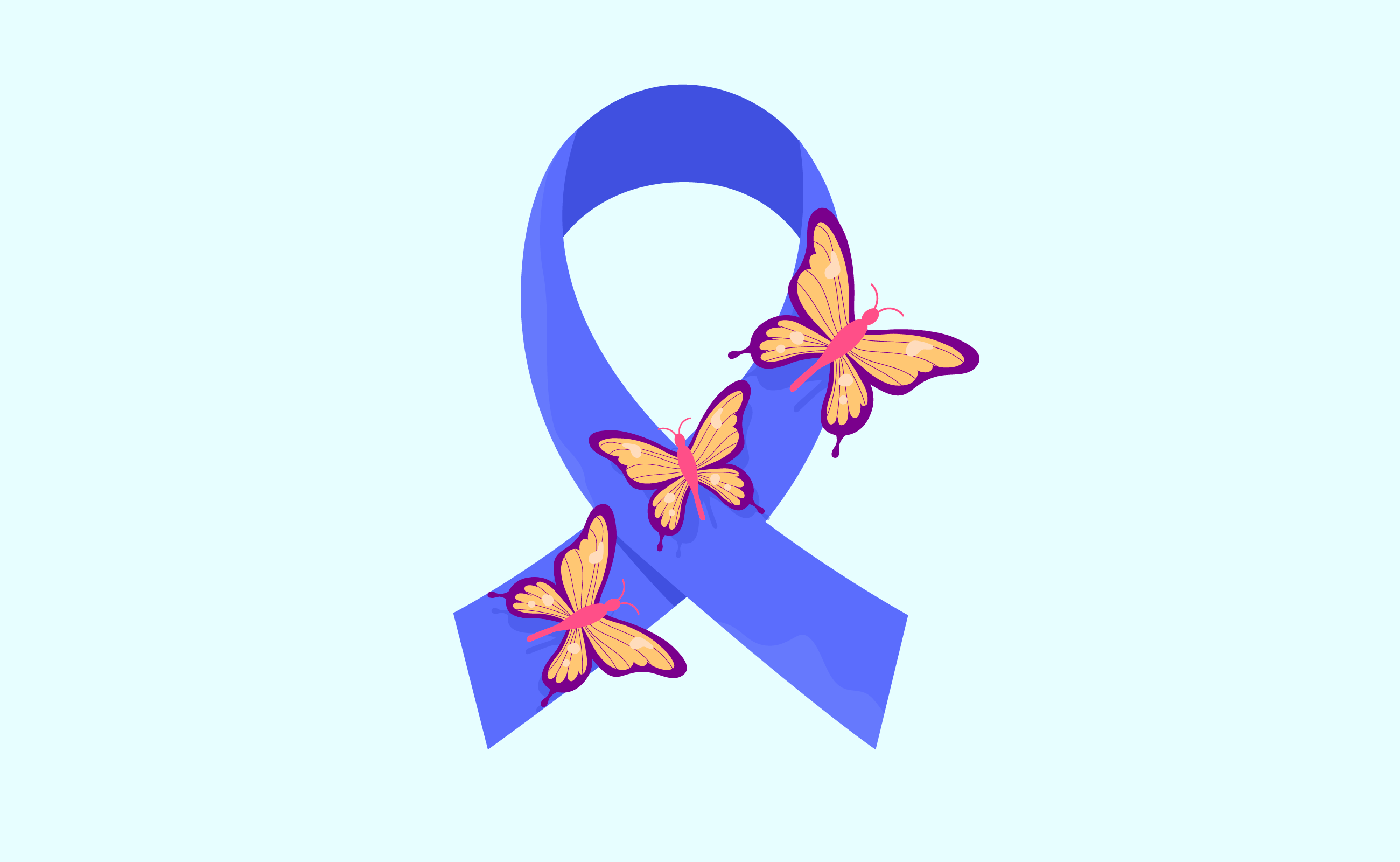A pregnancy loss can have a significant physical, emotional, and spiritual impact. When we think of babies, we typically think of new life, beginnings, joy, and excitement. Losing a baby challenges this idea, as you deal with feelings of loss, death, and grief.
What you may be experiencing
- When we think about getting pregnant, we often think it will be very natural, easy, fast, and all will be smooth sailing. When it does not happen quickly, and we experience a pregnancy loss, it does not fit with our expectations of having a baby.
- Women experience the painful physical impact of a miscarriage. Both members of the couple feel the emotional impact of the loss.
- Not every woman experiences the physical symptoms of miscarriage the same way. In an early first trimester miscarriage that takes place naturally, for example, some women might be told that it may feel like a heavy period. This is the case for many women, but for some, it is not. Some women may experience bleeding, pelvic contractions, and passing of tissue from the pregnancy, among other things. Every woman’s body is different.
- No one plans for a pregnancy loss. One minute you are pregnant and the next minute you are not. Instead of joyful anticipation, you now feel grief and many other emotions, including sadness, emptiness, pain, anger, guilt, fear, failure, and shock.
- You may be struggling to understand something that may not have clear-cut answers, reasons, or solutions.
- You may dread the idea of returning to treatment. Or you may be eager to start treatment again, but are told by your doctor that you have to wait.
What you should know
- Usually, when someone dies, a family, network of friends, colleagues, and/or the community grieves together. There are mourning rituals and traditions like funerals, wakes, shivas, and burial ceremonies that help support the mourner.
- Grief after pregnancy loss is different because it is often suffered alone.
A different type of loss
- You may have never experienced a loss like this. Grief after pregnancy loss is as intense and as real as any other loss.
- It may be difficult for other people to understand your very real sense of loss because there were few or no direct experiences with the baby.
Feeling alone
- Since the norm is not to share news of a pregnancy until around 3 months, most people do not know you have had a loss. This may mean that you suffer the loss without support from your family and friends. Or you have to explain to people why you are so sad, and may need to tell them for the first time that you were pregnant.
- All the stress and grief might impact performance at work as well as in social relationships.
We all grieve differently
- Everyone reacts differently and needs different forms of support. Some people want to talk about it, while others do not. Some people may want to avoid situations with babies or pregnant women, and this might be hard for others to understand.
- Some couples find that their feelings and reactions are different. Your partner may want to "get back to normal" long before you are ready to do so. Or you may be ready to move on and try again, and your partner is not ready.
What you can do
Give yourself permission to feel what you’re feeling
- Remind yourself that you are not responsible for the loss.
- Grief is not a hurdle to get over or something that will go away if you ignore it.
- Everyone reacts differently. It’s an individual process that happens over time.
- Sometimes trying to find meaning can bring about some level of comfort.
- Sometimes we must try to tolerate not having the answers or accept that there is no real or justifiable explanation for the loss. Sometimes we are unable to answer the questions “What went wrong?” or “Why has this happened?”
Everyone needs different forms of support
- Some people find that it helps to talk and share with others. You could let your close friends and family know what your pregnancy meant to you, what support you need, and how much you want to tell of your experience.
- A community or online support group or talking to someone who has been through a similar situation may help you find some comfort.
- Talking to a mental health professional may also help you work through how you are feeling.
- If you don’t feel like talking, that is fine too! Some people like to write out their thoughts in a journal or distract themselves with activities. Only you can decide what works best for you.
Tell others what you need
- If possible, tell your friends and family what kind of support you need (and what you don’t need or want) - someone to listen or someone to help distract you. They will likely feel relieved that they can provide support. Identify things they do or say that are helpful and those that are not. Sometimes people want to help, but just don’t know how to approach the situation. It’s easy for someone to be accidentally insensitive and say things like “You can always try again” or “There was likely something wrong, so it’s probably a good thing [for the miscarriage].”
- Consider saying yes to practical help from others, for example, a friend preparing you a meal – you do not have to do it alone.
- Check out this article for recommendations about how to support a woman’s partner after a miscarriage.
Mourning rituals
- If you feel that a ritual might help you grieve, consider conducting a remembrance ceremony, making a donation in the baby’s memory to a charity that seems appropriate to you, writing a poem or letter to the baby, or lighting a candle.
As a couple
- The most important thing that you and your partner can do is to talk to each other.
- Be mindful that:
- Each of you has your own way of dealing with the loss. For instance, one person may want some time alone while the other may want to get out and keep busy.
- Your partner's needs, feelings, and ways of coping will not always be the same as your own.
- These differences do not mean that one of you feels the loss more intensely than the other.
- Each of you may need different things, so try not to judge the other.
- Respect your partner’s ways of coping.
- If you feel that you are not able to go about your usual activities, that you are depressed, or that your relationship is under a lot of stress, you might benefit from professional help. Talking to a psychologist, a counsellor, or a religious or spiritual leader might help.










